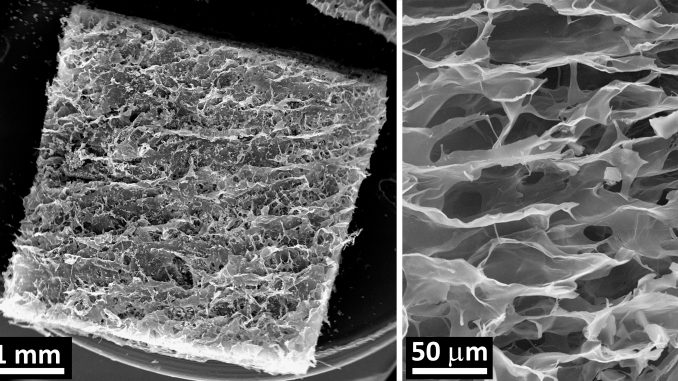
Introduction
Surgical wound healing may be complicated by bleeding and/or by infection. The most common complication is surgical site infection, usually with gram-positive bacteria of skin microflora origin. The collagen wound dressing could help stop the surgical bleeding. Furthermore, the collagen of fish origin has shown to be less immunogenic than the mammal collagen which is nowadays available as ready-to-use hemostatic wound dressing. Vancomycin is an antibiotic effective against gram-positive bacteria, including beta-lactam resistant staphylococcus. However, the local concentration of systemically administered vancomycin for the surgical site infection is insufficient due to the low penetration into peripheral tissues.
Why was this study done?
The fresh-water fish vancomycin releasing collagen wound dressing would be an ideal ready-to-use device for surgical wound treatment as it may stop the surgical bleeding and to prevent the wound infection.
What did the researchers do and find?
The group of researchers from Charles University, Czech Technical University in Prague, and Academy of Sciences of the Czech Republic prepared and pre-clinically tested the vancomycin releasing collagen dressing from cross-linked fresh-water fish (Ciprinus carpio) collagen. The bacterial growth inhibition zones proved the release of effective amount of vancomycin from tested sponges discs (disc diffusion tests). Using a rat model of infected surgical wound, the researchers proved that the sponge slowed the release of vancomycin and kept the vancomycin in the site of application for 24 hours. Furthermore, the tested sponges reduced the number of colony forming units of methicillin-resistant Staphylococcus aureus (MRSA) in the infected subcutaneous wounds. Their study is published in the BJBMS.
Editor: Edna Skopljak
Leave a Reply